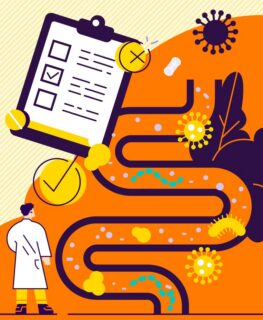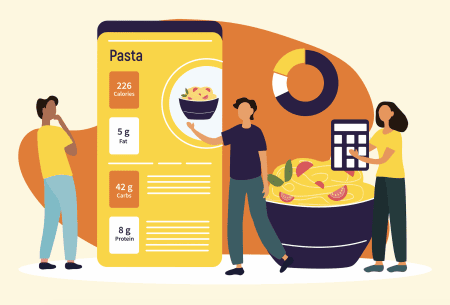Being faced with a new illness label, as well as big changes in our lifestyles on lockdown can have a big impact on our stress levels. The challenge is that the main symptoms we’re looking out for – fever, cough and shortness of breath – can also come from anxiety, worry and stress.
Prof. Rona Moss-Morris, Head of Psychology at KCL, explains even though these are emotional things, they can have a pretty huge physical response – what we know as a ‘fight or flight’. As anxiety increases, so can physical symptoms.
-
Higher breathing rate, even hyperventilating.
-
Increased heart rate, can lead to heart palpitations.
-
Tight chest.
-
Clammy and sweaty.
-
Sore muscles if stressed for a long time.
-
Upset tummy and gut symptoms.
-
Even trembling if very stressed.
So what can you do?
If you’re experiencing symptoms, here’s what Prof. Moss-Morris advises.
-
Be aware of thoughts and emotions, and how these can affect our body.
-
Think about other things it could be first and check in with the rest of your body. Do you get hay fever for example?
-
Try do get on with other things, distract with other activities that capture your attention and reduce stress, then see if the symptoms go away.
-
Remember some anxiety is useful, e.g. it makes us follow advice to socially distance.
-
Remind yourself that most covid19 cases are mild.
That’s not suggesting we can be complacent, as for some sadly it will be severe – so be vigilant with symptoms and if they don’t go away, seek help. If anxiety is an ongoing problem, it’s important to treat that too.














